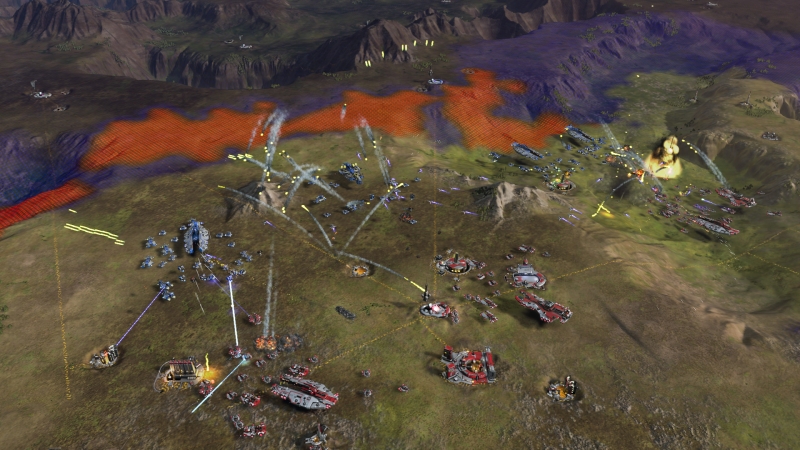Windows 10 has been out for a few months now and with it came a number of improvements that make it Microsoft's best OS yet. However, one of the operating system's biggest features has yet to be seen in action. DirectX 12 is a key ingredient dedicated to PC gamers but the long wait is coming to an end.
Finally, we have what looks to be a very accurate means of gauging DX12 performance to see just what it means for the future of PC gaming. Recently Stardock provided gamers with Steam Early Access to Ashes of the Singularity, one of the first games to use DX12.
Ashes of the Singularity could be described as a war across an entire world without abstraction. Thousands or even tens of thousands of individual actors can engage in dozens of battles simultaneously. The built-in benchmark tool that we used was initially designed as a developer tool for internal testing and therefore does an excellent job of reproducing the conditions gamers can expect to find when playing Ashes.
